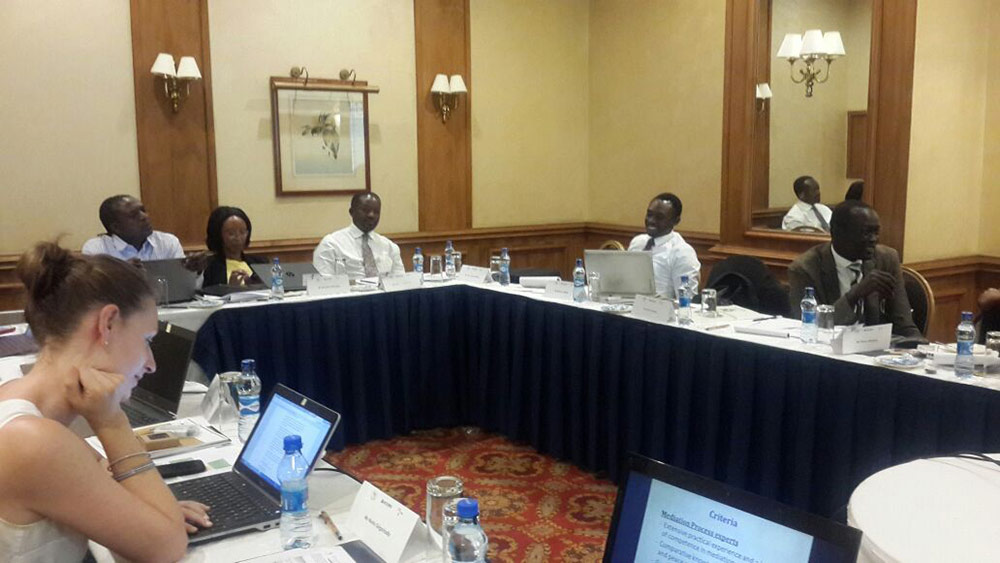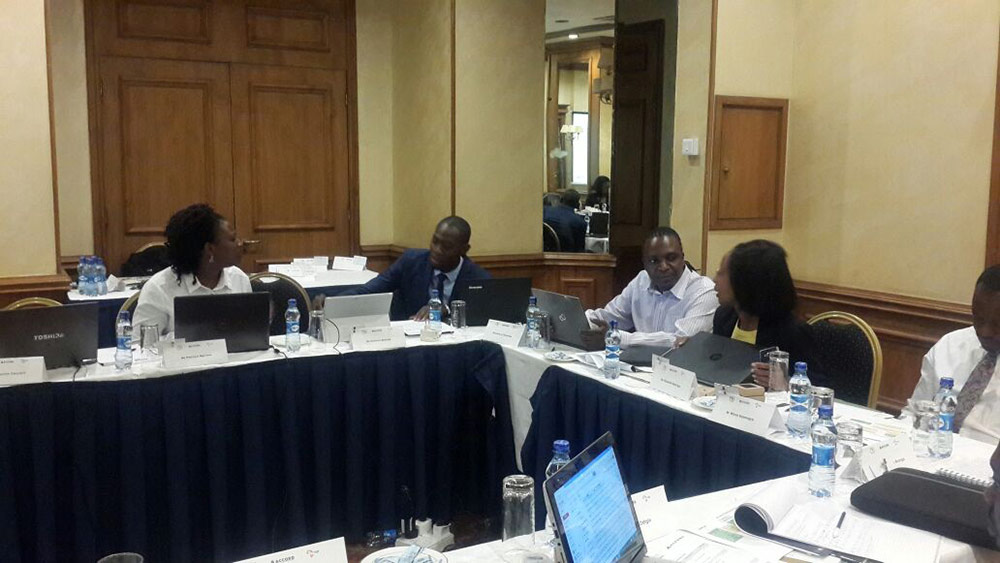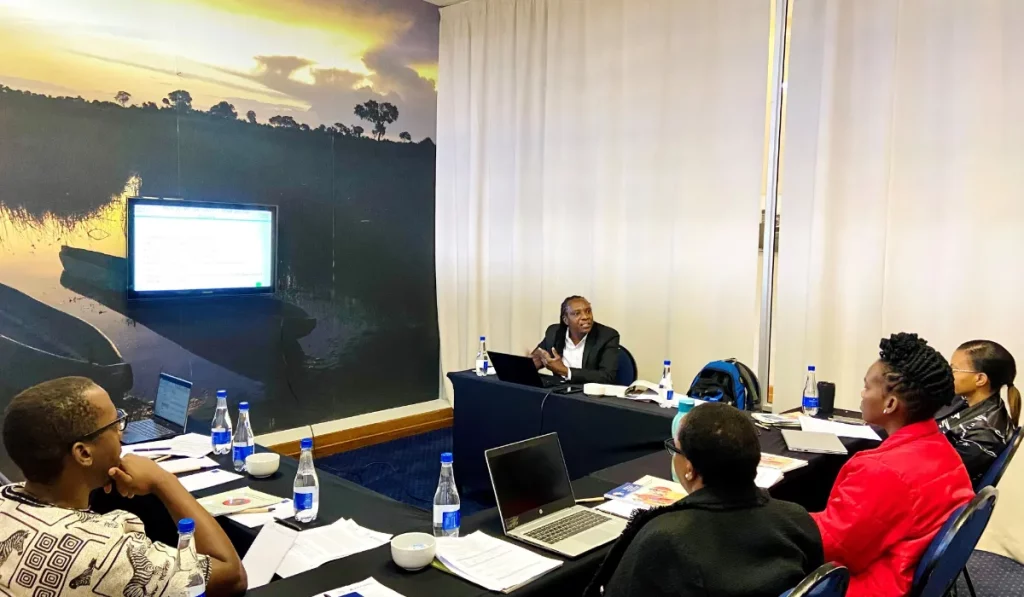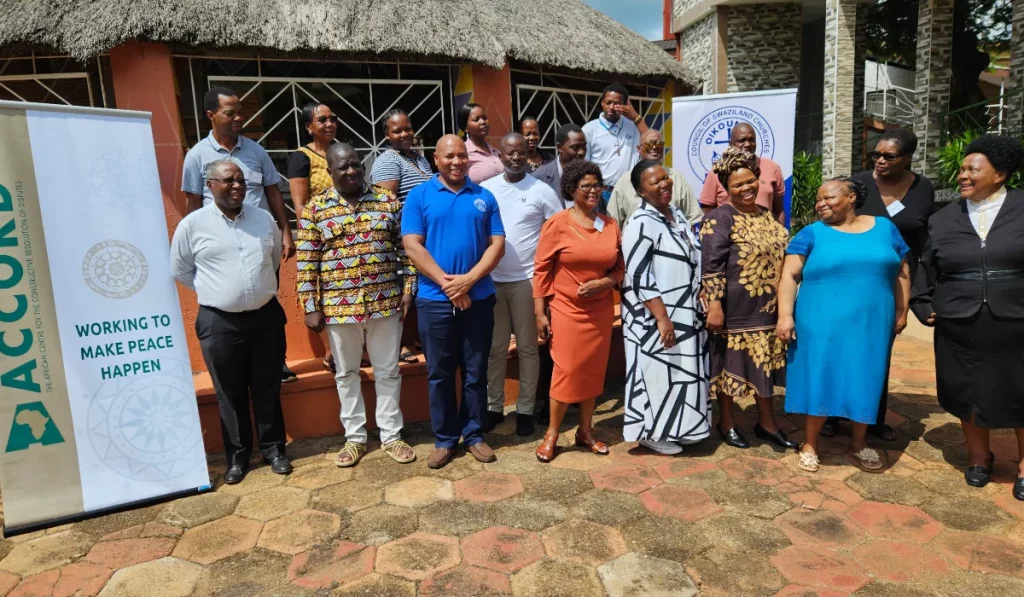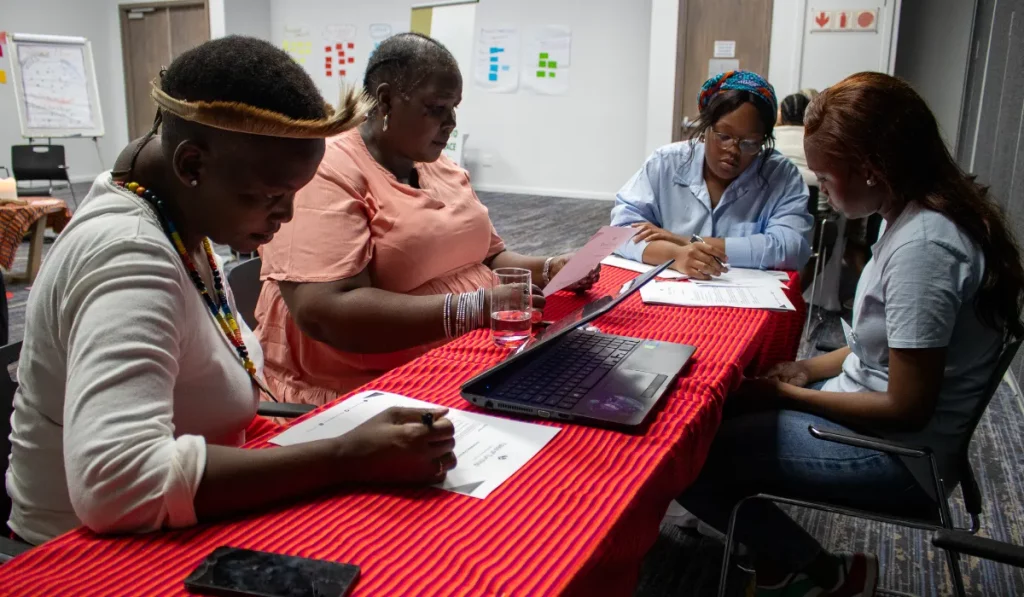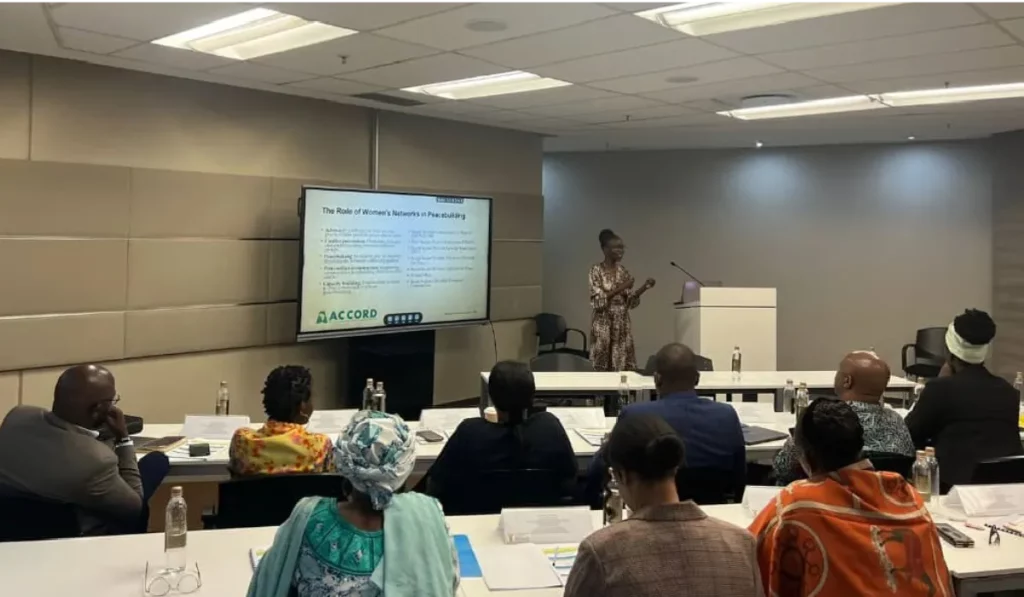The African Union (AU) Peace and Security Department launched and commended with operationalisation of the African Standby Capacity (ASC) Roster in June 2015. The aims of the ASC are to facilitate the identification, recruitment and regular training of civilian experts for the AU’s Peace Support Operations, conflict prevention/mediation processes and Post Conflict Reconstruction and Development (PCRD) efforts.
In order to ensure the effective and full operationalisation of the ASC, the Peace and Security Department is taking steps to guarantee that the strategic objectives that relate directly to the management of the Roster are upheld to improve its institutional performance, while ensuring the credibility and quality of the experts to be rostered.
As part of the various processes and in line with the outcome of the Retreat of the Pan-African Network of the Wise (Pan-Wise) of November 2015 as well as the AU’s 2016 Peace and Security Department Work Plan, the Department, in collaboration with the African Centre for the Constructive Resolution of Disputes/Training for Peace Programme (ACCORD/TfP), held a workshop from 21-23 March 2016 in Nairobi, Kenya to establish modalities for the recruitment and rostering of qualified mediation experts.
The specific objective of the workshop was to review the rostering and training requirements for the mediation/preventive diplomacy roster pools, as well as to interrogate the provisions of the existing manuals such as: Outreach Strategy, Standard Operating Procedures (SOPs), the Selection Guidelines and the Knowledge Management Framework for the Mediation/Preventive Diplomacy Roster. Further objectives of the workshop were to: review the rostering and training requirements for mediation/preventive diplomacy; brainstorm the outreach and communication strategies to ensure that they reach as many qualified experts as possible; further review the existing ASC SOPs, the Human Resource Framework, Selection Guidelines and align them to the requirements of the mediation and preventive diplomacy rosters to ensure the smooth day to day management the rostering team while ensuring the continuity of the team’s work; and finally review and link the Knowledge Management Framework to the Roster.
The workshop provided an opportunity for the interrogation of the universally accepted forms of rostering standards, selection guidelines, outreach strategies and methods of establishing a Knowledge Management forum for roster experts. Furthermore, this engagement provoked an extensive discussion on the AU’s Mediation/preventive diplomacy processes in order to determine how, which and why experts are required and how best the existing roster could tap into existing networks of highly skilled personnel on the continent.
This initiative is in line with ACCORD’s strategic goal which is to significantly improve the civilian capacity of African states, RECs, AU and the UN to prepare, plan, manage and monitor multi-dimensional peace operations in Africa. Such capacity once identified, systematically managed and deployed, will greatly increase the impact and sustainability of such peace operations. These processes are essential as they lay the foundation for successful implementation.
ACCORD/TfP was represented by Ms Barbara Mohale, Programme Officer, Peacekeeping Unit and Ms Precious Ngcobo, Programme Administrator, Peacekeeping Unit. The Training for Peace Programme is an initiative funded by the Norwegian Ministry of Foreign Affairs.

